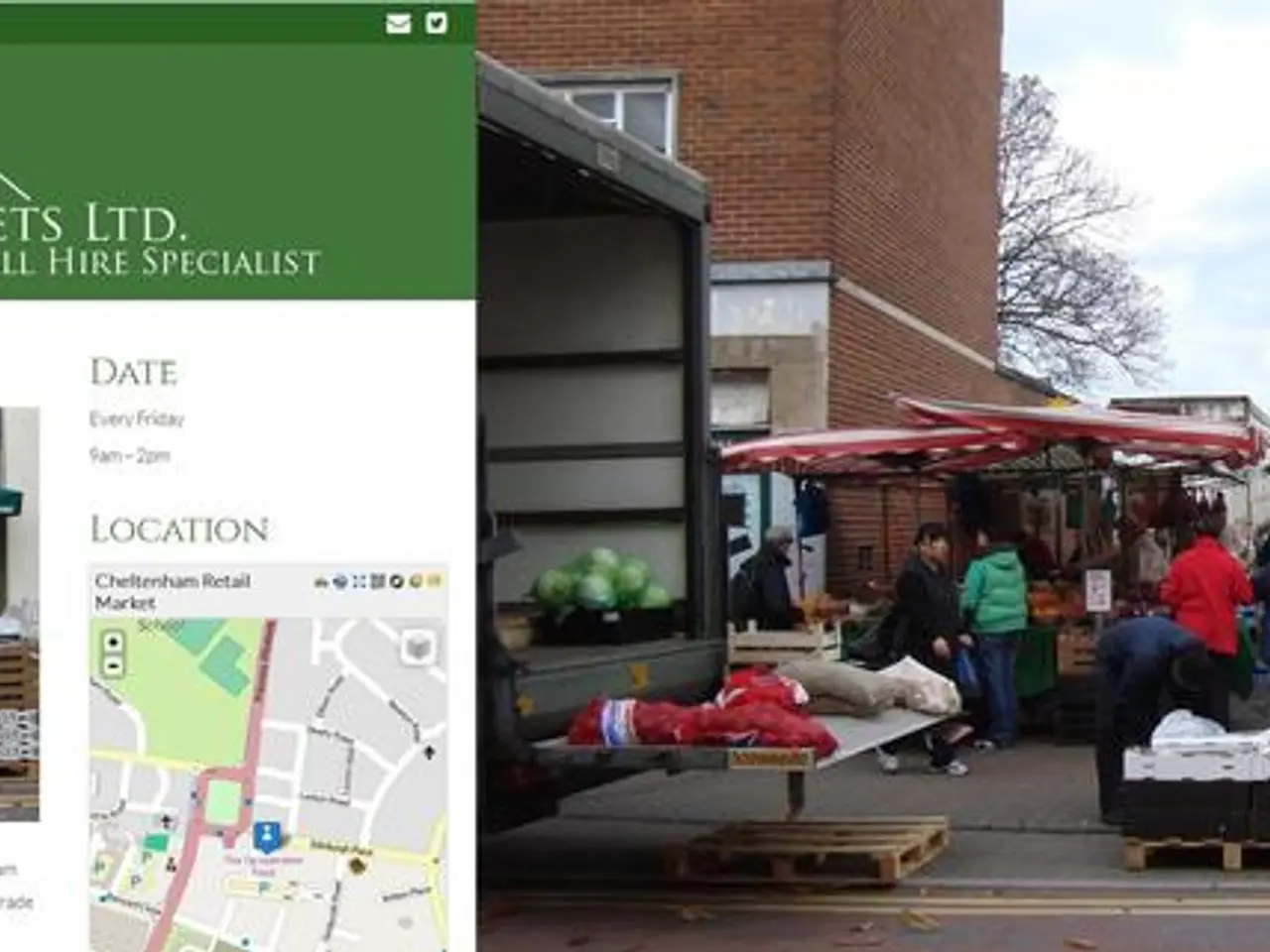Union Representatives from IG Metall Koblenz Mobilize for an Industrial Policy Advancement Campaign
In a recent development, IG Metall, Germany's largest trade union, has outlined a series of challenges it is expected to confront in the coming years, particularly in the areas of wage policy, industry, and social policy. These challenges were highlighted by Nadine Boguslawski, the union's chief cashier and board member responsible for wages, during a guest lecture on December 4, 2024.
One of the significant challenges IG Metall is facing is in the realm of wage policy. Companies like Thyssenkrupp are demanding substantial wage cuts and job reductions, including the elimination of one-off payments and reduced working hours without compensation. This could potentially impact the union's ability to protect workers' wages and benefits. Furthermore, IG Metall must navigate collective bargaining negotiations with companies seeking wage freezes, which could affect workers' purchasing power and overall standard of living.
The shift towards automation and restructuring in industries also poses a challenge for IG Metall. Companies such as Tesla are leading the way in this area, and IG Metall needs to ensure job preservation and workers' rights in a changing industrial landscape. Global competition is another issue that IG Metall must address, particularly in sectors like steel, which is undergoing significant restructuring.
In terms of social policy, IG Metall may face challenges in maintaining social security benefits and ensuring that workers' interests are protected. Companies are seeking to reduce costs by eliminating benefits such as long-service bonuses and employer contributions to savings schemes. The union also needs to address the broader implications of changing work patterns and technology on workers' rights and social policies, ensuring that workers are supported in a rapidly evolving economy.
Despite these challenges, IG Metall has achieved a solid result in the recent wage agreement in the metal and electrical industry. The agreement includes an increase in wages, a significant increase in apprentice wages, and an annual special payment for lower wage groups. The strong support among employees was crucial in achieving this agreement.
IG Metall is also planning to intensively address these topics post-wage round, aiming to increase pressure on employers and politics regarding the industrial location of Germany. The union will present its industrial and social policy demands to the new federal government on the action day. IG Metall Koblenz has committed its members to a nationwide action day on March 15, 2025, to further show their support.
Moreover, Boguslawski plans to continue discussions on member benefits and strengthening retirement provisions. She emphasized that collective bargaining policy and industrial policy are interconnected, and IG Metall now plans to address future issues at the political level. However, she also criticized politics for taking a zigzag course, providing no reliable framework for future decisions.
In response to arguments unrelated to wage movement during negotiations, Ali Yener, a representative from IG Metall, traced back the issues raised by employers to management and political decisions, including crisis symptoms, bureaucracy burden, and energy prices. Both plants with the best order situation and plants with short-time work participated in actions to show support.
The possibilities of converting money into time in case of special burdens such as shift work, childcare, and care tasks have been expanded, offering some relief for IG Metall members dealing with these challenges. As IG Metall faces these challenges, it remains committed to advocating for its members and ensuring a fair and equitable work environment in Germany.
- In the realm of policy-and-legislation, IG Metall plans to increase pressure on the new federal government, presenting its industrial and social policy demands on the action day to ensure a favorable business environment for workers in Germany.
- As the finance sector evolves, IG Metall must address the concerns of its members, such as the elimination of benefits like long-service bonuses and employer contributions to savings schemes, to maintain workers' interests and protect social security benefits.
- Politics plays a crucial role in shaping the business landscape, as IG Metall criticizes the unpredictable course of politics that provides no reliable framework for future decisions, particularly in relation to the restructuring of sectors like steel and the impact on workers' rights and social policies.




